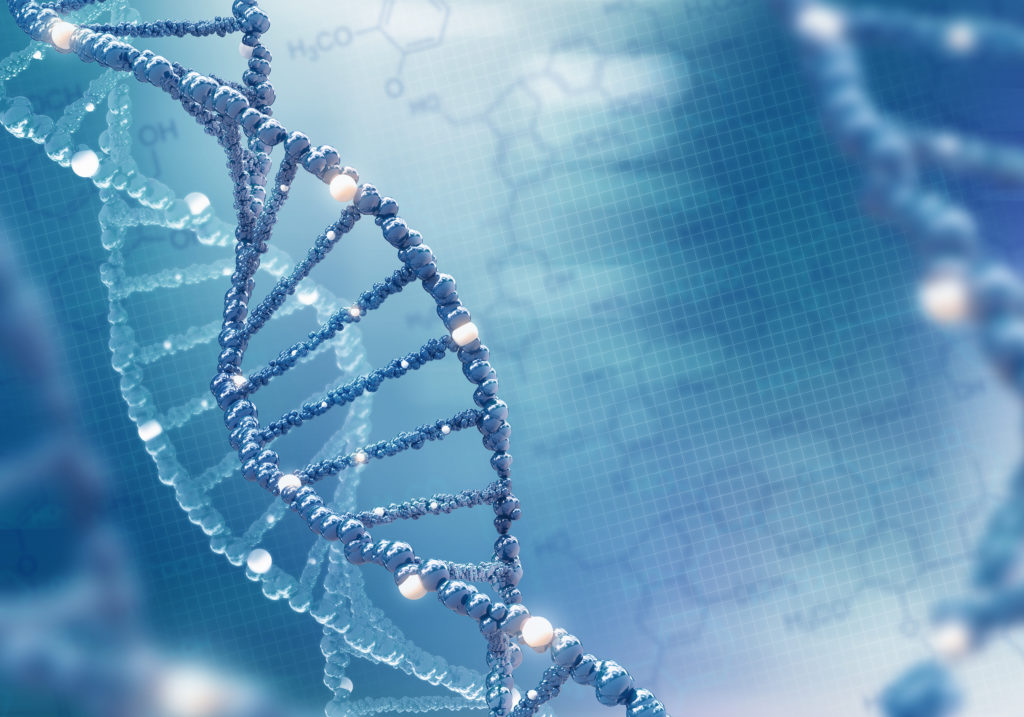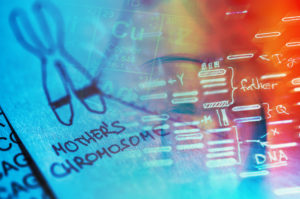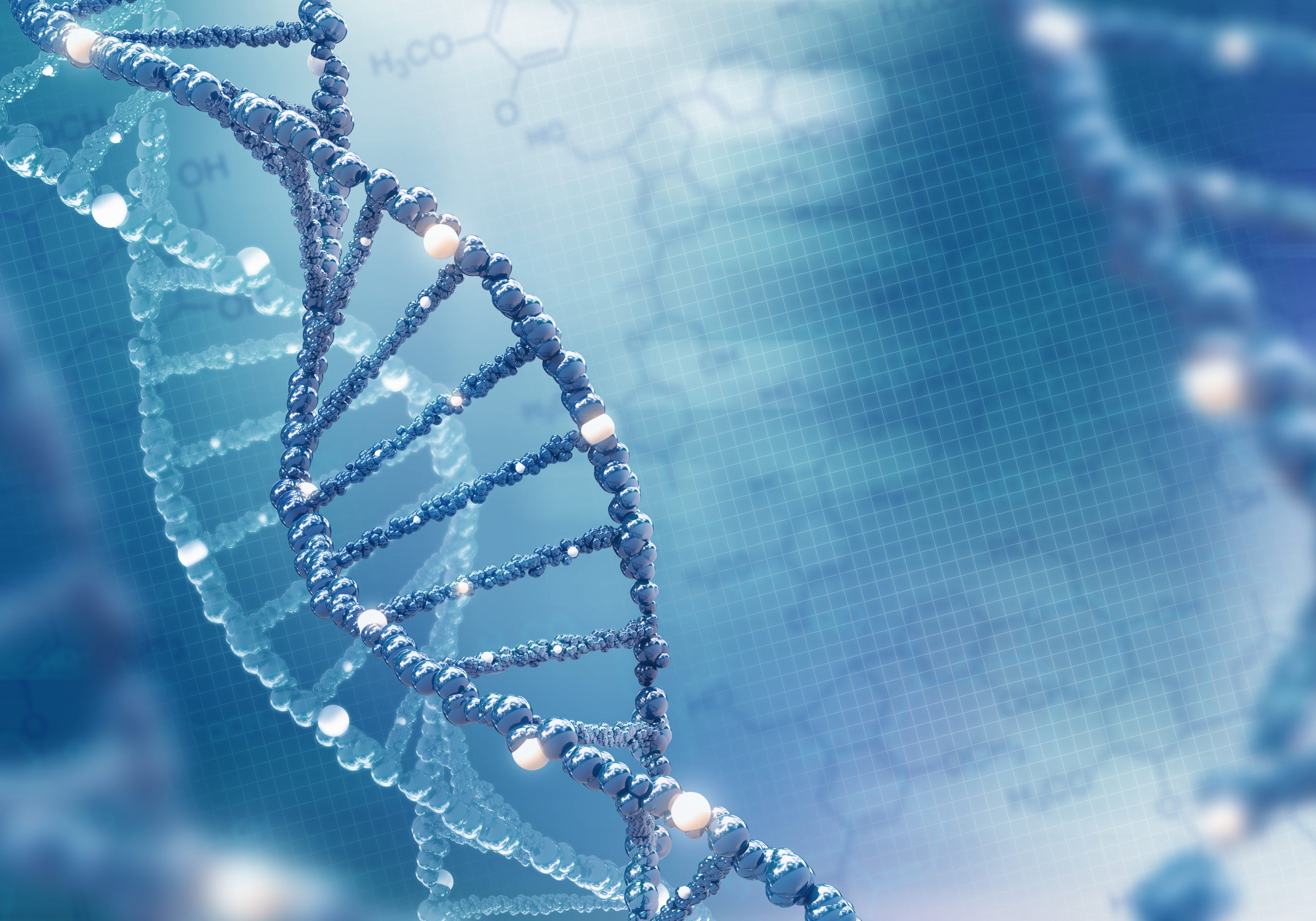Genetic Analysis Testing – Everything you need to know
What is genetic analysis testing?
Genetic analysis testing involves the testing of an individual’s DNA, in order to identify or isolate, specific gene or chromosomal changes that might determine an increased risk of developing a rare disease, or the presence of a rare disease.
There are a number of situations where genetic analysis testing might be recommended or happen:
- For individuals with a family history of rare disease
- Parents-to-be planning a pregnancy, with or without knowledge of a rare disease in the family
- During the pre-implantation stage of a fetus during IVF
- Standardized screening of newborns at birth
- If symptoms, or features of a rare disease present in an individual, either at birth or later in childhood, or adulthood
- If initial genetic screening or analysis has identified potential risk for development of a genetic syndrome, or a specific gene mutation that might suggest the presence of a rare disease

What is the process of genetic analysis testing?
The process may vary according to the reasons for the testing, in terms of the order of the different steps involved.
However the first step of the process should be genetic counseling. This is a crucial part of the genetic analysis testing process, and without access to quality, consistent counseling, rare disease patients face a longer diagnosis journey, and potentially a less accurate diagnosis as well.
Genetic counseling provides essential emotional support, but it also helps patients to navigate the different genetic testing options available, and provides important information on rare disease causes, symptoms and how they might be diagnosed. Genetic counseling should accompany rare disease patients throughout every stage of the genetic diagnosis journey.
When it comes to genetic analysis testing specifically, genetic counselors are able to recommend specific genetic testing options for rare disease patients based on their family history, symptoms, and previous tests or screening. This role of a genetic counselor is crucial to ensuring patients access the most relevant genetic testing for their symptoms and potential condition. This not only ensures a more accurate diagnosis, but also eliminates unwanted and necessary procedures during what is a very stressful and difficult process.
What follows the initial consultation will be genetic testing
This might take several forms, and in recent years the development of advanced AI facial imaging screening, has allowed genetic experts to better understand a rare disease patient’s symptoms and based on this, the best genetic testing options for them.
This in turn will lead to genetic testing, usually involving taking a blood sample. How conclusive this proves to be in confirming a diagnosis, will depend on the patients access to genetic experts and counseling throughout the process from initial concern, to testing.

What are the major issues with genetic analysis testing?
- Accessibility: making sure patients have access to genetic counselors for consistent, and regular appointments, is a challenge when in-person visits are still the norm.
- Accuracy: the genetic diagnosis process, as it happens traditionally, is still a very complex process, and rates of misdiagnosis are still much too high.
What is the future of genetic analysis testing?
- Virtual & Online: the most important part of genetic analysis testing is access to genetic counseling, throughout the entire diagnosis process. Creating more solutions for patients to access this support online, and virtually, creates greater accessibility to the service that must reach more people, if we are to improve the accuracy of genetic analysis testing.
- Technology Driven: advanced AI technologies are helping to develop non-invasive initial genetic analysis and screening solutions, that can help identify the key markers or features of rare syndromes, again from the comfort of a patient’s home. This is also increasing accessibility for more patients and their families.
- Globally Connected: access to a global network of genetic counselors, geneticists, and genetic experts is an exciting new development in the genetic analysis testing field. This connection not only speeds up diagnosis, it also allows genetic experts to connect symptoms, causes and patients in order to further awareness and understanding about rare diseases.
- Patient-led: increasing patient choice, in terms of their genetic analysis testing options, is important in improving the quality of patient care. Giving rare disease patients some degree of control over their own health, and diagnosis, is also important in empowering patients, their families, and those responsible for their medical care.
The genetic analysis testing process is changing- it is moving increasingly online, becoming more accurate through technology-driven diagnostic tools, and it is empowering patients at every stage of their diagnostic journey. This means subsequent improvements in accuracy, accessibility, and diagnosis.







